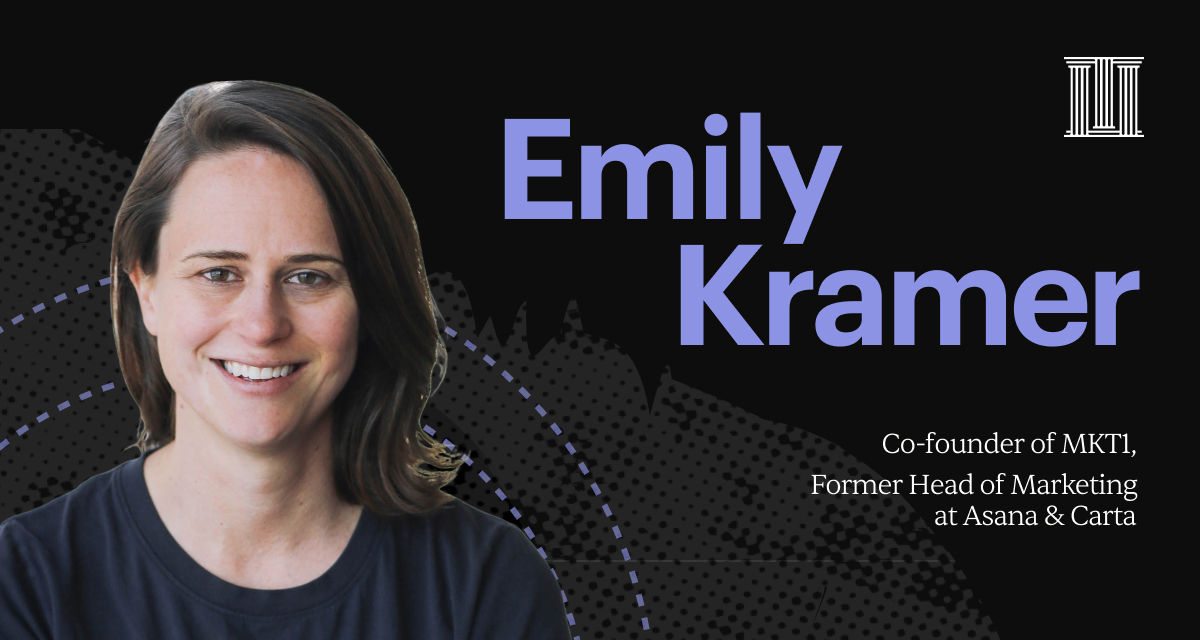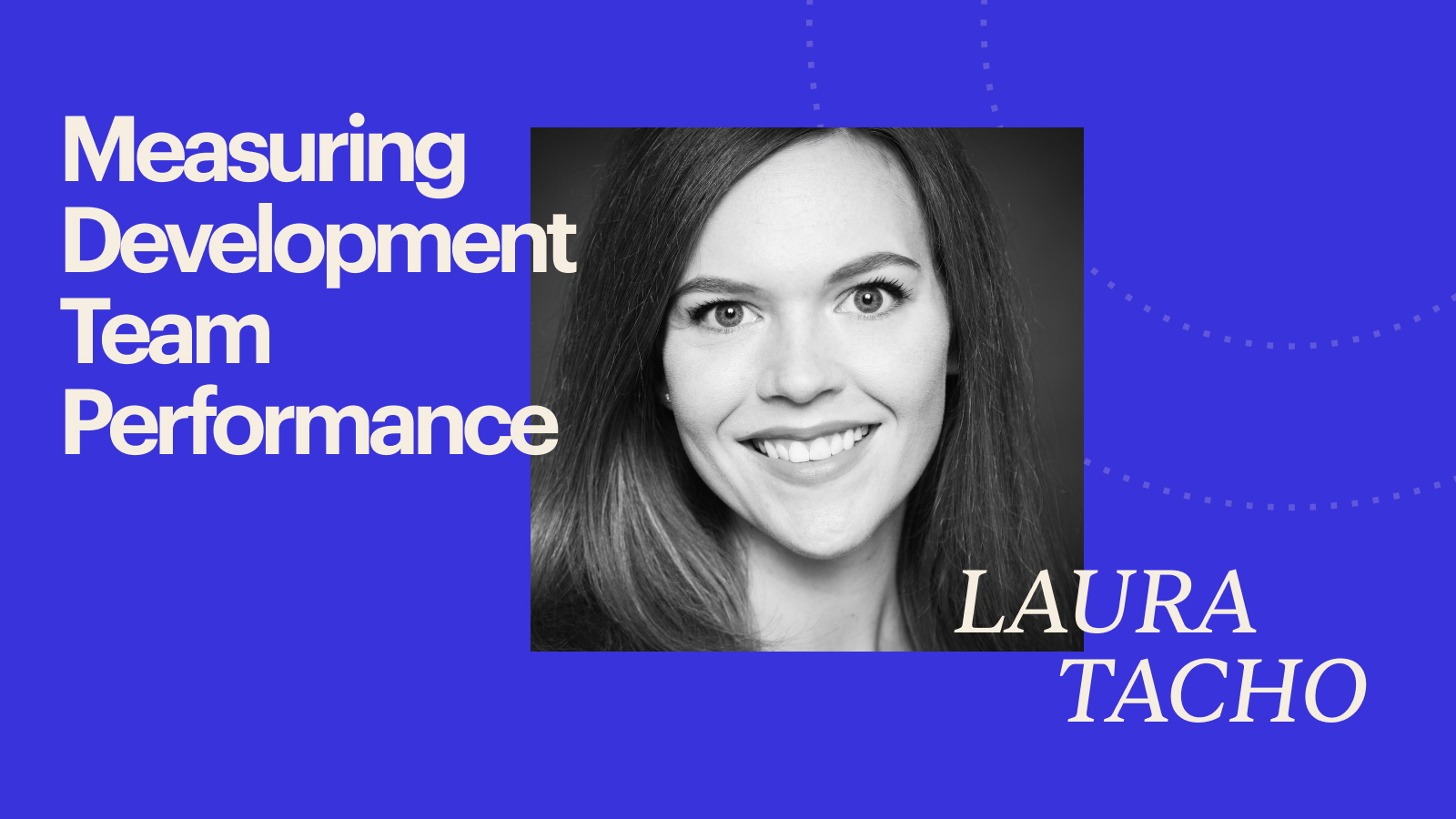Emily Kramer: From Carta's VP of Marketing to thriving solopreneur


"The course is a way to bring my newsletter and community to life."
"When you’re a team of one, you don't know if you're doing it right. So meeting other people in the same spot as you can help you become more confident.”
Key lessons from Emily’s experience:
- Build up knowledge that’s valued in the market. This gives you options on how to monetize. It’s good to be in demand.
- Scale your impact. Emily found that 1:1 consulting was rewarding, but not scalable. Through her cohort-based course, she can now help hundreds of B2B marketers.
- A course business gives you freedom, but it’s not a silver bullet. You get to choose how often you want to teach, how many students you want, and whether you want to earn $50k/year or $500k/year. But anything of value takes effort to build.
- Even the most talented people feel self-conscious about sharing their work. Emily has grown her following to 20,000 on LinkedIn–and she’s still shocked that people want to hear what she has to say. That’s normal. If you want to become a solopreneur, you have to get used to sharing your work.
- It’s not harder, it’s different. If you’re savvy enough to get hired, get promoted, improve your craft, manage people, and drive results, you’re likely a pretty competent operator. Those skills are transferable. Running a solo business is not harder than working in-house. It’s different. And most importantly, it requires betting on yourself.
Related Courses
Writing Accelerator
Uplevel your life through writing online. Get your strategy for audience growth and benefit from the limitless associated opportunities.
Building B2B Marketing
Join a group of other marketing leaders, learn how to create a marketing strategy, lead an effective team and drive results.
Teeing up your Tech Job Search in 2024
🔥Guest on Lenny's Newsletter🔥 Design a targeted job search with a Top 1% job search coach. Uplevel your resume and LinkedIn. Convert more.
Communicate with Power - How To Show Up with Authentic Presence and Impact
A world-class program designed for women to deliver your message with authority and present your most persuasive self.
LinkedIn Masterclass for Modern Job Seekers
Learn how to stand out on LinkedIn, capture recruiter attention and get interviews for the jobs you want.
Learn To Love Email Marketing
An email marketing course for beginners, skeptics, and nonbelievers.
You might also like

Teaching is a powerful flywheel—Dave Kline, instructor of the Management Accelerator

Teaching has dramatically scaled my impact—Laura Tacho, instructor of Measuring Development Team Performance

Course Mechanics Canvas: 12 levers to achieve course-market fit
